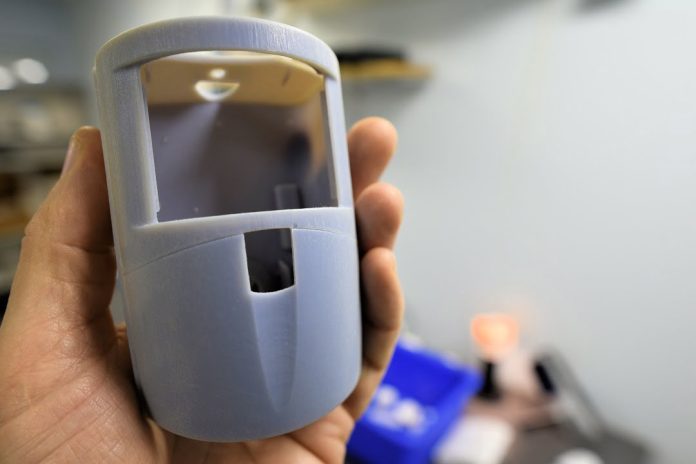Benefits Of Digital Signal Processing Alarm Sensors.
Digital signal processing alarm sensors – Is digital signal processing in alarm sensors worth having?
We would argue a quality analogue PIR is perfect for unchallenging environments like an internal office space. Using an analogue PIR in generally stable internal environments will save you and your client money. But you need to be sure the PIR’s electronics are well designed.
However, digital signal processing allows a vast improvement in energy resolution, especially where detection circuitry has charge collection times with wide variations. Digitising the preamplifier signals gives new information too. With DSP it’s possible to analyse not only the final amplitude of the pulse to extract energy but also to establish the pulse shape as the charge is being collected.
Examination of the pulse shape shows what is happening during the collection process and this data can be compared to parameters held onboard the sensor. And DSP offers stable and deterministic performance, needs no filter adjustments and has filters with much closer tolerances than analogue circuits can have.
For all its benefits in high end sensors, there are times that low-cost DSP is used to cover up inadequacies like low quality, single-element pyros, inferior lenses and poor circuit design, while DSP itself may be poorly conceived and executed.
Rigorous walk testing in complex test environments is the best way to establish potential digital signal processing alarm sensors performance in the field.
More news at SEN.
“Benefits Of Digital Signal Processing Alarm Sensors.”










